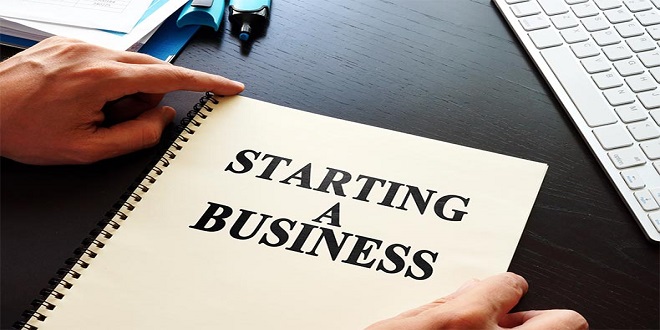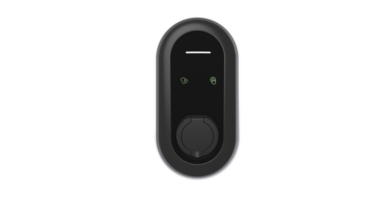The mechanics of starting your business

Deciding on a trading identity
It’s important to choose the most suitable trading identity for your business. If you’re in doubt what identity to start with you could start your business as a sole trader and then change to a partnership or company at a later date. Changing from a sole trader to a company is relatively easy. However changing from a company to a sole trader, although achievable, is much more difficult and can be expensive.
A sole trader is an ideal starting point for your business if you’re simply selling something at craft fairs, exhibitions, through your own website, etc. It is also suitable for offering services, for example wedding planner, personal organiser, florist etc. Remember that the main advantage to being a sole trader is that you can easily change to another trading identity as your business grows. My first business was Paul Power trading as Paul Power Landscapes – a sole trader – but this business is now run as a partnership.
Contact the Inland Revenue
Request the form that you need to complete to register as self-employed. You should do this as soon as you start. If you fail to do this within the first three months of becoming self-employed you risk a fine of £100. The Inland Revenue also publishes a free Starting Up In Business guide, which is full of useful information regarding taxation and national insurance, employing people etc.
Your business name
We looked at what’s involved in choosing a name for your business in Chapter 3, but you need to be aware that if you are going to trade using a different name than your own, you must also include your own name on your head notepaper. Therefore if you’re a sole trader and name your business Discover Cornwall on Foot, somewhere on your headed notepaper you will have to include your name, trading as Discover Cornwall on Foot.
National Insurance
You will also be required to pay flat-rate Class 2 National Insurance Contributions currently at £2.05 a week, which can be paid by direct debit. If your profits exceed a certain limit, you will have to pay Class 4 National Insurance Contributions. The present limit is £4,745. If the earnings from your business are low then you may not have to pay national insurance, but you must apply for an exemption.
Comply with any other regulations that may be applicable
Depending on the type of business you’re going to start, you may have to register with other government agencies. For example if you’re going to be preparing or selling food then you’ll need to contact your local environmental health department and comply with any statutory regulations. You’re now ready to trade as a sole trader.
Having a formal partnership agreement
With a partnership there are lots of ‘what if’s to consider. Even if your partner is your husband, wife, relative or best friend you should have a formal partnership agreement drawn up by a solicitor. Remember also that over time your partner’s personal circumstances may change.
You might start off as two carefree friends with lots of time to devote to your business and everything go well. Then either you or your partner marries, has children, and is no longer able to devote the same amount of time that they previously did to your business.
Last word
The most obvious being that as a company director your liability for the company’s debts is generally limited to your amount of shares. Your personal assets cannot be touched unless the company has been trading fraudulently or when the directors knew that it was insolvent.





